Electrical energy in the home
E = F/q
E = electric field strength
F = force
q = charge
E = kq/r2
E = electric field strength
k = 9.00 x 109
q = charge
r = separation of charges
F = Eq
F = force
E = electric field strength
q = charge
R = V/I
R = resistance
V = potential drop
I = current
R = kl/A
R = resistance
k =
P = VI (P = V2/R or P = I2R)
P = Power
V = Voltage rise
I = Current
R = resistance
W = VIt
W = Energy
V = Voltage rise
I = current
t = time
Moving about
vav = ÃÂr/ ÃÂt
vav = average velocity
ÃÂr = displacement (change in position)
ÃÂt = time
aav = ÃÂv/ ÃÂt
ÃÂv = the change in velocity
ÃÂt = time interval
When t = 0, the velocity is u
Thus: aav = v-u/t
Where v is the velocity at time t.
v - u = at
v = u + at
F = ma
W - air resistance = ma
When dense objects fall through small distances near the surface of the Earth it is usually quite reasonable to assume that the air resistance is negligible. Thus:
W = ma
mg = ma (where g is the gravitational field strength)
g = a
W = weight
m = mass
F = mv2/r
F = centripetal force (the net force on an object traveling in a circular path at constant speed. It is directed towards the centre of the circle)
m = mass
v = constant speed
r = radius
Ek = 1/2mv2
Ek = kinetic energy
m = mass
v = speed
W = Fs
W = work
F = magnitude of force
s = displacement in the direction of the force
p = mv
p = momentum
m = mass of object
v = velocity
I = Ft
I = impulse
F = force
t = time
V = W/Q
V = potential difference in volts
W = work done by field in joules
Q = charge being pushed in coulombs

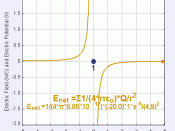
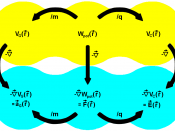
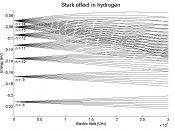
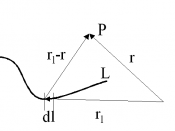
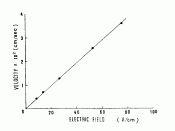
Hmmm....
Yes it's great but the problem is the layout. I don't like the layout as much. But still quite informative.
Cheers-
0 out of 0 people found this comment useful.